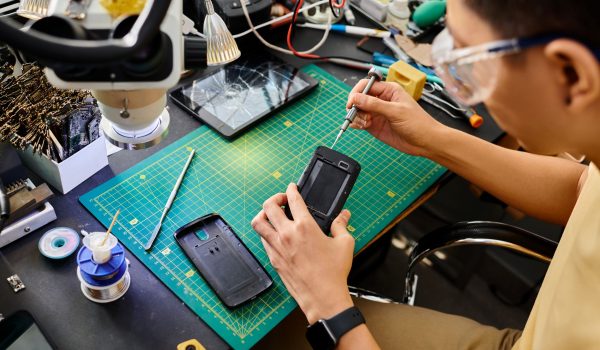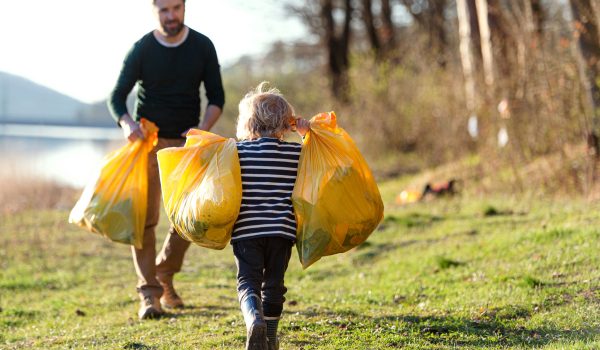Benchmark municipalities
Municipalities regularly receive a ‘benchmark electrical waste municipalities’. All municipalities are also ranked based on the number of kilograms of electrical waste collected per person. The benchmark aims to provide insight into the current state of affairs regarding the disposal of electrical waste and to discover what can be improved. Stichting OPEN wants to use this to prevent discarded electrical appliances from ending up in the residual waste, together with municipalities. This still happens too often. As a result, raw materials from these appliances are lost and hazardous substances end up in the environment.
The most recent benchmark shows a slight increase from 5.5 kg of collected electrical waste per person in 2022 to 5.6 kg in 2023. In the past year, the municipalities together collected almost 90 million kilograms of e-waste, which not only recovered valuable raw materials, but also prevented significant emissions of 303,398,662 kg of CO2. Despite this, more than 20,000,000 kg of electrical waste has ended up in residual waste in 2023, which amounts to approximately 1.4 kg per Dutch person per year. Common e-waste items that end up in residual waste include lamps, vapes, ICT equipment and electrical toys.
Other relevant publications
The circular economy: from nice to have to must have
Bottlenecks and recommendations for accelerating the transition to a circular economy
Circular Cities Declaration Report 2024
Report with analyses and an overview of the strategies and actions of circular initiatives in European cities.
Zero waste cities of the future
Research about how cities can be designed in a way that helps citizens reduce waste.







